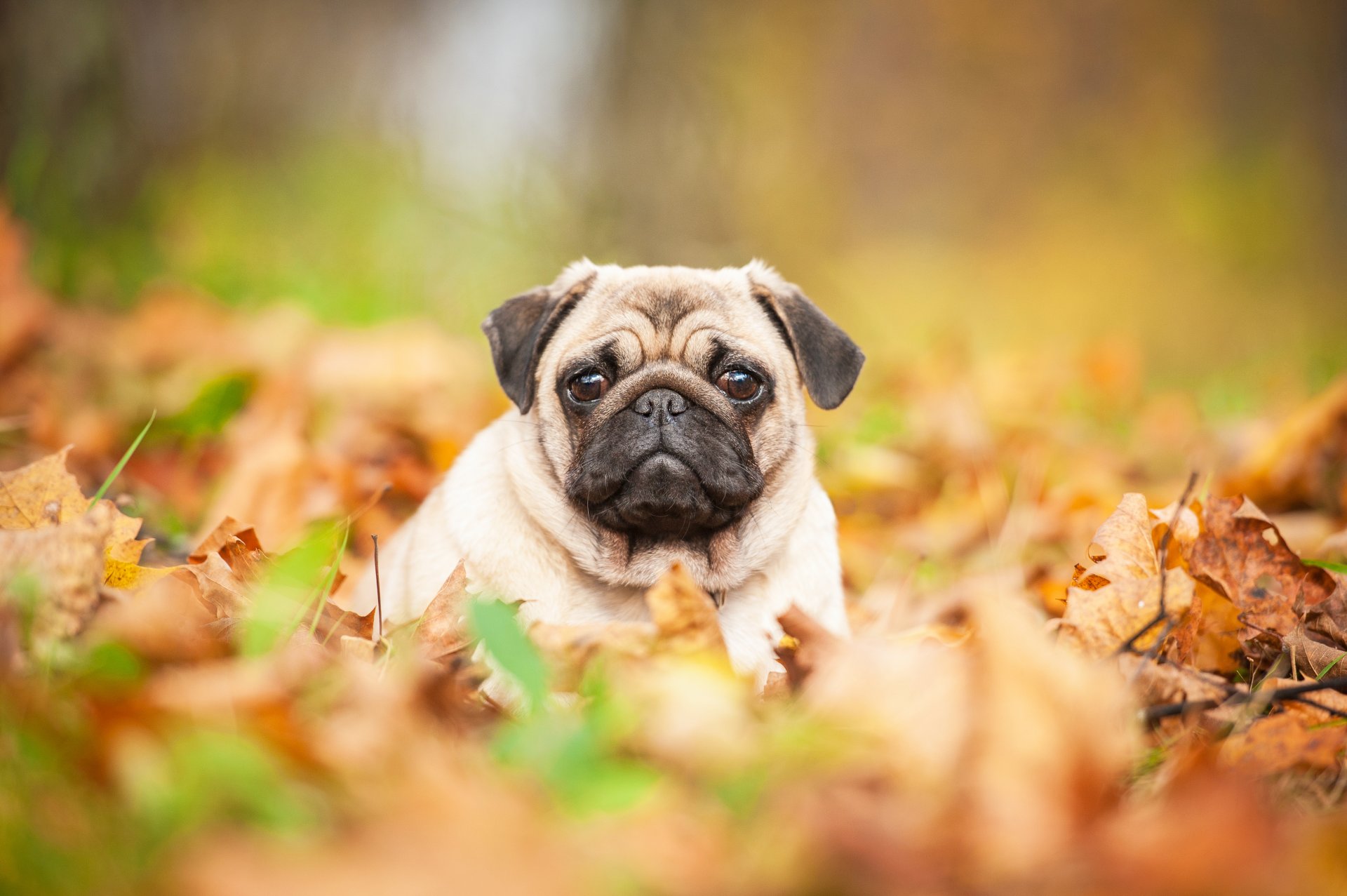Handy guide for puppy health and wellbeing
It is your responsibility to ensure you give your puppy the very best start in life. To ensure they grow into a happy, healthy dog.
It is essential therefore that you know the basics of dog care and the responsibilities of dog ownership.
What to know when walking your puppy for the first time
Microchipping 
It is a legal requirement in the UK for all dogs to be microchipped and their owner's contact details to be kept up to date. Microchipping is a safe and quick procedure and is carried out by a vet or trained microchip implanter.
The chip itself is the size of a grain of rice and once your puppy is microchipped and has their own 15-digit code, your details can be stored in the national microchip database. This unique code means that your puppy can be scanned for identification purposes should your pet go missing and be found.
Facts about feeding, nutrition and etiquette for puppies
Vaccinations
Your puppy should be fully vaccinated against Distemper, Hepatitis, Parvovirus and Leptospirosis before they can safely go outside. Your puppy should have already received their first vaccination before leaving the breeder, but speak to your breeder about exactly what type of immunisation they have received (some breeders only offer the Parvovirus vaccination).
If your puppy has not had a full course, then you should start a course immediately. The second vaccination should not be administered until your puppy is 10 weeks old and it must be at least 2 weeks and no later than 4 weeks from the first vaccination. Keep all vaccination certificates safe. For further advice and guidance on vaccination, please contact your vet.
Worming
It is recommended that all puppies are wormed every 2 weeks from birth until 12 weeks old and every three months thereafter. Dogs will also require flea treatment.
Grooming
Short-haired coats can be brushed on a regular basis but medium and longer haired coats which are more prone to knotting, will require more thorough care. They may also require visits to the dog groomer for trimming.
You do not actually have to bath your dog that often as this can strip their coats of their natural oils. Bath every few months with a good dog shampoo. Rinse well and dry thoroughly.
 Common health problems
Common health problems
Regular dog care and maintenance such as cleaning and grooming will keep your puppy in good condition, but it is worth being aware of some common health problems which can affect all dogs.
The Kennel Club identifies the following ailments as the most common among dogs.
Ears
Dogs have a long and narrow ear canal where moisture can build up. This causes a perfect environment for bacteria to spread and infection to set in. Constant ear scratching and head shaking may be a sign that your dog has an ear infection.
Gum disease
Dogs are just as prone to gum disease as we are – perhaps even more so as their teeth tend not to be brushed daily. Bad breath, bleeding gums and dribbling may be a sign that your dog has gum disease. Chewing on a marrowbone is an excellent, natural and organic way to help ensure healthy teeth and gums.
Claws
Keep claws trimmed as they are prone to chipping and breaking which can be very painful. Taking your dog for regular walks on the pavements will help keep claws in trim.
Anal glands
A dog's anal glands are either side of their bottom and these produce a smelly oily liquid that helps them identify each other. The glands usually empty naturally every time your dog has a poo but they can become blocked and swollen.
Arthritis
This severe debilitating condition usually affects older dogs. Signs to look out for are stiffness, limping and lameness.
Please note that if you are at all concerned about any aspect of your puppy's health, you should call your vet for advice.